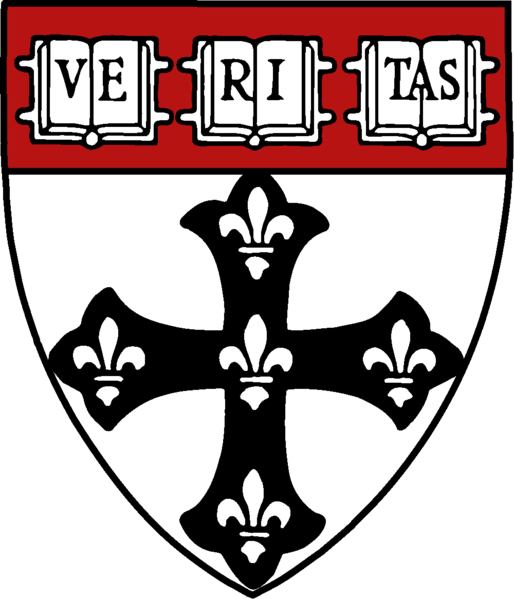Humanitarian Assistance Webcast 6: The Integration of Humanitarian Action in Political and Security Missions

Date/Time:
February 23, 2012 - 9:30am - 11:00am
Location:
Online, United States
Website:
https://hsphevents.webex.com/hsphevents/onstage/g.php?t=a&d=662459206
Description:
Click here to view the recording
In 2000, the Brahimi Report on United Nations (UN) Peace Operations proposed a set of sweeping reforms geared toward building integrated UN peacekeeping missions. These proposals ushered in a series of structural changes — such as creating Special Representatives to the Secretary General (SRSG) and Humanitarian and Resident Coordinators — designed to enhance the strategic impact of UN missions. Over the course of the past decade, integrated peacekeeping missions have become the standard of operations.
But integration has raised new complexities and tensions for humanitarian professionals. As recognized under international humanitarian law (IHL), humanitarian assistance must be provided in accordance with the principles of independence, impartiality, and neutrality. Integrating humanitarian assistance operations with political and peacekeeping missions risks hindering the ability of humanitarian professionals to adhere to these principles. Hence, humanitarian professionals often perceive the amalgamation of humanitarian activities with political and security agendas as a major threat to humanitarians’ modus operandi and the distinctiveness of the “humanitarian space.”
A recent report published by the UK Overseas Development Institute and the US Stimson Center assesses the impact of integrated missions on humanitarian response in conflict-affected regions. As the report notes, though integration of UN missions remains a polarizing issue, it is likely to remain the UN’s enduring operating procedure and hence will impact the doctrine and professional standards of humanitarian agencies for the years to come.
In this context, the ATHA Humanitarian Webcast will explore the following questions:
(1) How can one integrate the values of impartiality, neutrality, and independence in a larger UN mission that is essentially political?
(2) How can humanitarian professionals foster greater cooperation and clarity on the field level to effectively operate in an integrated mission?
(3) What is the actual impact of integrated missions on humanitarian access to vulnerable groups and the security of humanitarian workers?
Moderated by:
Christina Blunt (ATHA Project Coordinator, HPCR)
Dustin Lewis (Program Associate, HPCR)
Presenters:
Claude Bruderlein (Director, HPCR)
Conor Foley (Independent Humanitarian Analyst)
Marit Glad (Global Advocacy Adviser, Norwegian Refugee Council)
Alison Giffen (Deputy Director, Senior Associate, Future of Peace Operations Program, The Stimson Center)
Additional Preparatory Module:
International Assistance and Interventions
Participants to the Humanitarian Assistance Webcast are invited to review a self-paced online module on International Assistance and Interventions in preparation for the event. Tell us what you think afterwards on the ATHA Facebook page.
Additional Resources
Anne M. Street, "Humanitarian reform: a progress report," Humanitarian Exchange Magazine, Issue 45, December 2009.
In partnership with:
The objective of the Advanced Training Program on Humanitarian Action (ATHA) is to enhance the knowledge of NGOs and other relevant actors operating in the humanitarian field, and to create greater awareness of the relationship between development cooperation and humanitarian operations in complex political emergencies.





